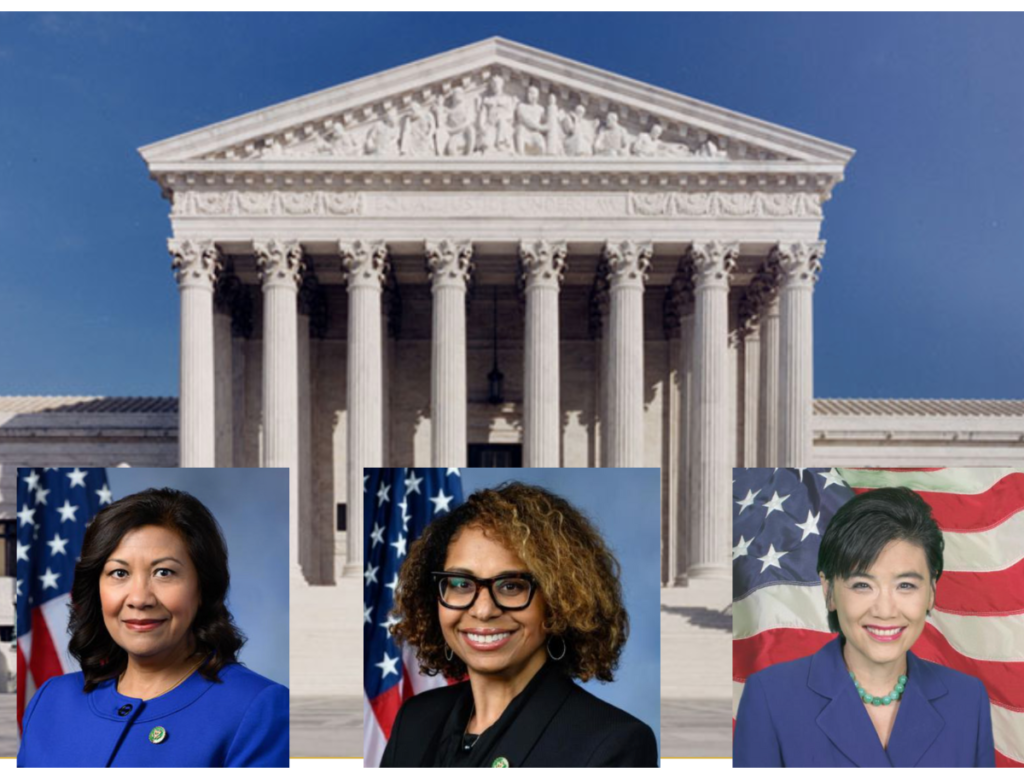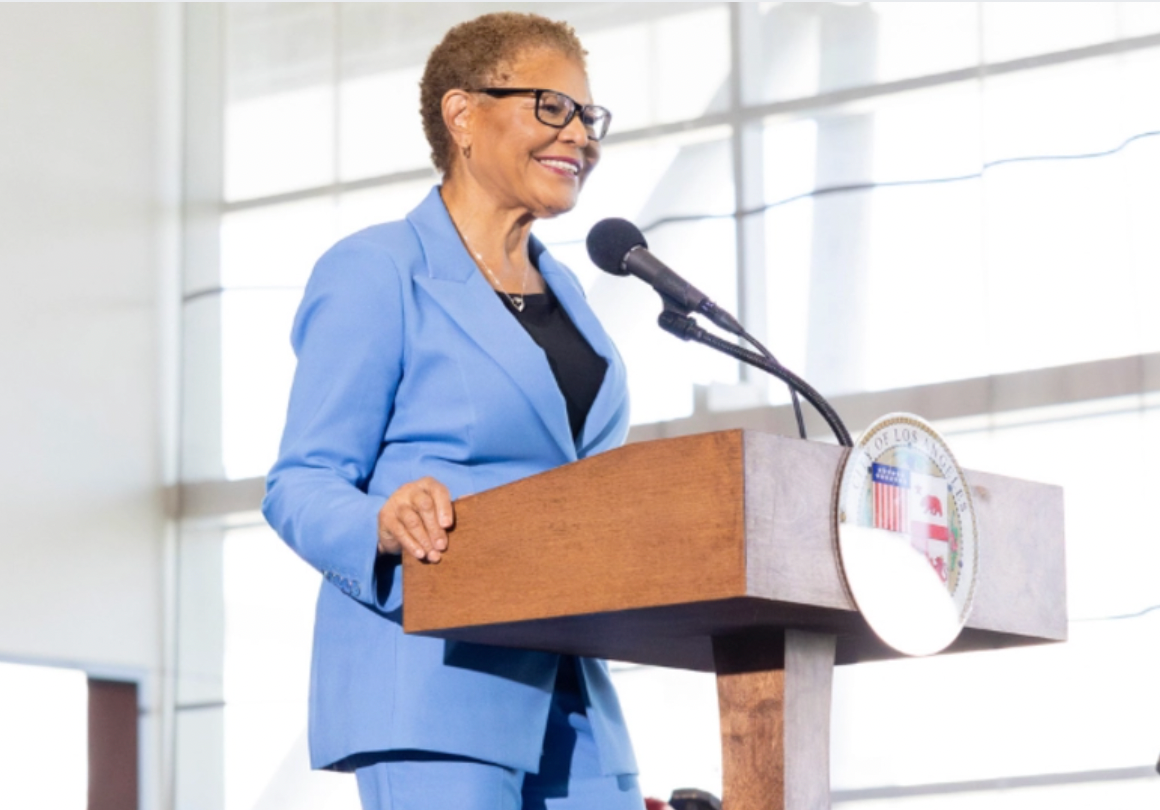By Stephen Witt
U.S. Reps. Norma Torres (D-Pomona, La Verne, San Dimas), Judy Chu (D-Monterey Park, Alhambra, San Gabriel, Pasadena) and Sydney Kamlager-Dove (D- Culver City, View Park-Windsor Hills, parts of South LA) today ripped the Supreme Court of the United States (SCOTUS) for granting the Trump administration’s emergency request to revoke former President Biden’s parole program that granted Temporary Protection Status (TPS) to about 532,000 migrants from Cuba, Haiti, Nicaragua and Venezuela.
SCOTUS Justices did not explain their reasoning in the two-paragraph summary order, but Justices Sonia Sotomayor and Ketanji Brown Jackson, two of the court’s three Democratic appointees, dissented.
According to Google AI, there are an estimated 34,000 TPS individuals in Los Angeles County, although a specific breakdown of nationalities within that group is limited.



“The Supreme Court’s decision to allow the Trump administration to end deportation protections for over 500,000 immigrants from Cuba, Haiti, Nicaragua, and Venezuela—while their legal appeals are still pending—is a deeply troubling setback for justice and human dignity. As Justice Jackson powerfully noted in her dissent, this ruling ‘undervalues the devastating consequences’ that thousands of families now face,” said Torres.
“These are individuals who have lived, worked, and contributed to our communities for years. Stripping them of legal protections without due process exposes them to dangerous and life-threatening conditions in countries they fled, and undermines the very principles of fairness and compassion that our legal system is meant to uphold,” the federal lawmaker added.
Kamlager-Dove called SCOTUS shameful. “Ending temporary protections will devastate families, disrupt workplaces, and damage communities nationwide. This decision betrays our values and obligations under the law,” she said.
Chu, who yesterday released a statement condemning the Trump Administration’s decision to revoke visas for Chinese students to attend institutions of higher learning, argued that the decision greenlights the Trump Administration to send these TPS immigrants back to the dangerous conditions that they fled in the first place.
The Center for Immigration Law and Policy (CILP) at the UCLA School of Law Deputy Director Talia Inlender said the decision upends the lives of hundreds of thousands of people who came lawfully to the United States through the CHNV [Cuba, Haiti, Nicaragua, and Venezuela] parole program.
“The CHNV program followed this proud tradition of exercising the parole authority to welcome newcomers in need. Now, those people will have the rug pulled out from under them — separating families and sending people back to dangerous conditions in their home countries. It will also inflict deep harm to U.S. communities who have come to rely on those who came through the CHNV program, hired them, and welcomed them as neighbors,” said Inlender.
While Chu called the decision shortsighted, she did offer a possible solution to the ongoing immigrant issue.
“What will actually improve our immigration system is working towards solutions that ensure TPS and other status holders have a pathway to citizenship, like passing our bill, the bipartisan American Dream and Promise Act of 2025, which would finally provide that pathway to millions of TPS, DACA, and Deferred Enforcement Departure (DED) holders,” Chu said.
-Trevor Witt contributed to this story
















Comments 1